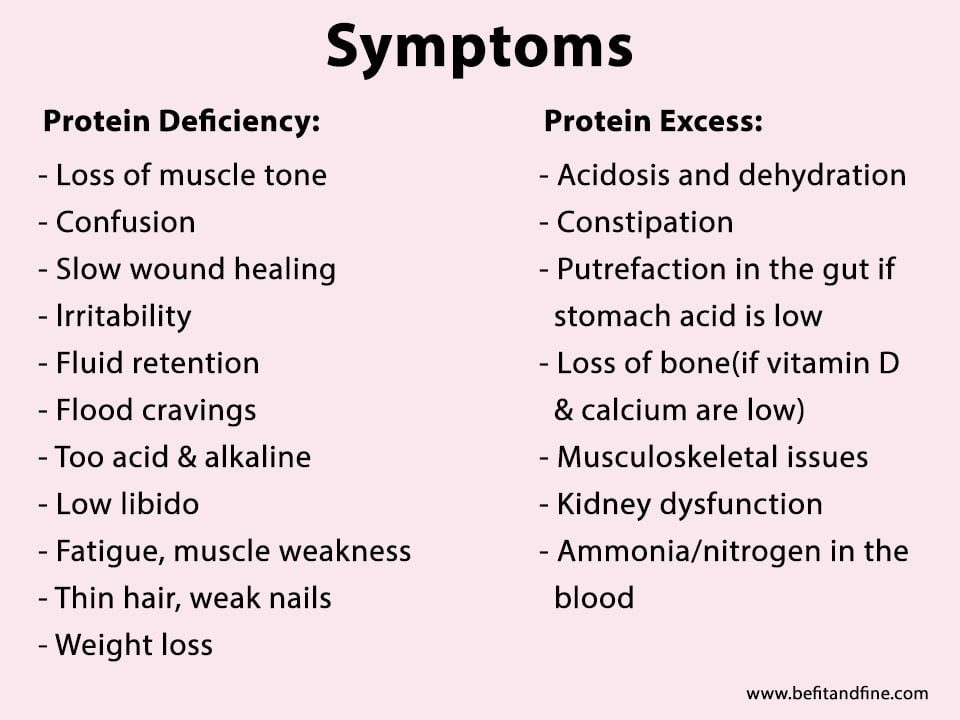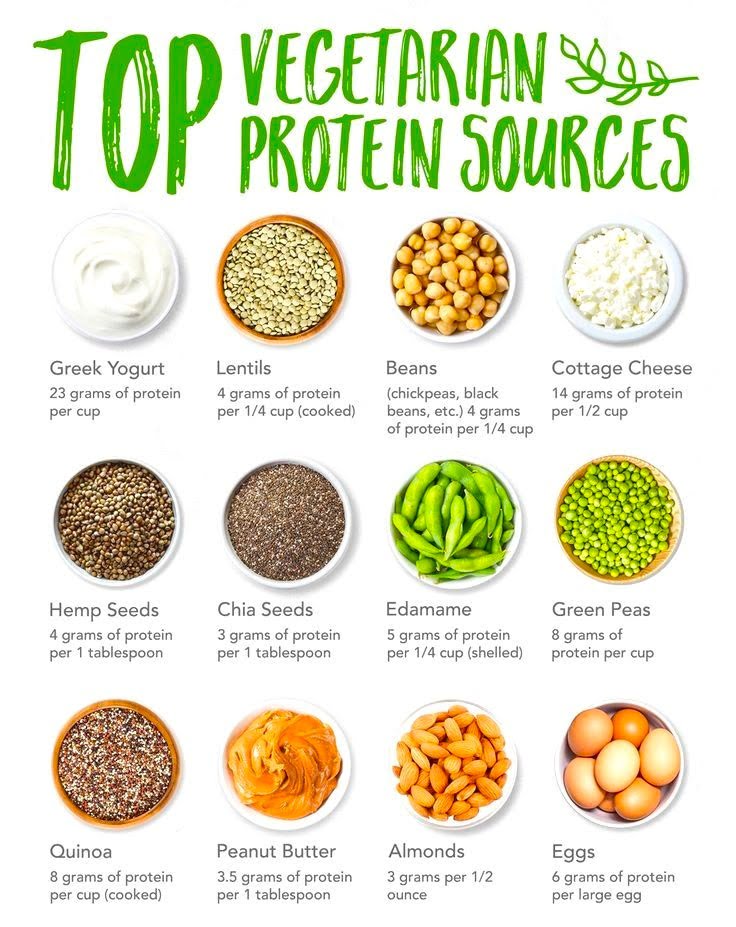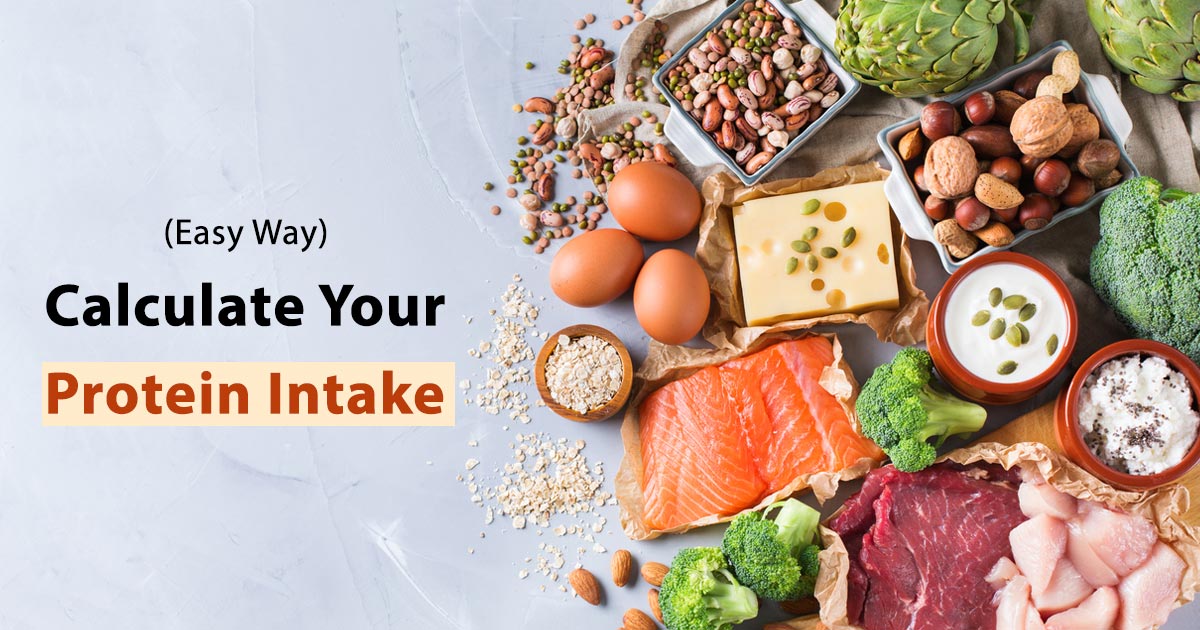In today’s fast-paced life with multiple responsibilities and sedentary lifestyle, 70% of the population rely on ready-to-eat and ready-to-cook foods. Due to this, health and nutrition often take a back-seat as these packed foods are loaded with either fat or sugar and deficit in protein. Not only this, the majority of the Indian population are vegetarians and vegetarians are known to have higher protein deficiency as compared to non-vegetarians. Protein is a highly misunderstood macronutrient and most of the people are unaware of their adequate protein requirements.
Protein is an essential nutrient for the human body which provides a powerhouse of health benefits. It plays an important role as a building block to our bones, blood, skin, cartilage, and muscle. Whether you want to lose weight, gain strength and muscle, or want a healthy hair and skin, protein is highly required. A high-protein diet also lowers blood pressure, fights diabetes and more. But what happens if you do not get the right amount of proteins in your diet? Let’s check out-
ALSO READ: Omega 3 Fatty Acids Food Sources: More Than Just Fish
Protein Deficiency
When you’re not eating enough protein to maintain normal body function or when your intake is unable to meet your body’s requirements, your body gets protein deficient. Protein deficiency is a common threat to the Indian population. According to the recently done survey, 9 out of 10 people in India consume an inadequate amount of proteins. Most of the population is unaware of how much protein is required every day.
Protein deficiency impairs the whole body. Low protein intake can cause subtle changes in your body over time, such as muscle wasting. Loss of muscle mass is one of the first signs of inadequate protein intake. The most severe form of protein deficiency is called kwashiorkor which often occurs in children in developing countries where famine and imbalanced diets are common. Protein deficiency commonly leaves its impact on the skin, hair and nails, which are largely made of protein. It causes hair thinning, hair loss, brittle nails and flaky skin.
Apart from these, risk of bone fracture, the severity of infections, slow metabolism, mood swings, increased appetite, low energy levels and fatigue are some of the other consequences of protein deficiency.

ALSO READ: 10 Best And Healthy Vitamin D Rich Food Sources
So, how much of these building blocks does a person require?
Adequate Protein Intake
Not everyone has the same protein requirement. It depends on many factors, including body weight, muscle mass, physical activity, age and current state of health. Protein requirements are generally higher in athletes, older adults and people recovering from injuries.
As per the Recommended Dietary Allowance (RDA) given by Indian Council of Medical Research (ICMR) for Indians, 0.8 to 1 gm protein per kg body weight per day is required to meet the basic nutritional requirements. It is not the specific amount you are supposed to eat every day but just a minimum amount you need to keep from getting sick.
ALSO READ: 5 Yoga Poses To Relieve Asthma Symptoms & Ease Breathing
To determine your daily protein intake, you can use an online Protein-O-Meter
Protein-O-Meter! With the vision to champion the cause of protein sufficiency and help India be more protein aware, ‘Right To Protein,’ nation-wide public health initiative has designed this. This brand aims to educate the Indian audience about the importance of protein in their daily health, fitness & wellbeing. This protein calculator is designed based on the unique Indian dietary habits which will help Indians, across different age-groups, track their daily protein intake and will also help them make necessary improvements by providing relevant information.
Protein-O-Meter will take your body composition and activity level into account to estimate your protein needs. Start with the number given by the calculator, see how that makes you feel, and try adjusting your protein level up or down to see what amount makes you feel good and perform well!

Let’s make India a healthy nation. Fill the much-needed protein lack in your diet by including loads of protein-rich foods in your diet. The richest sources of protein include fish, meat, eggs, almonds, chicken breast, oats, cottage cheese, greek yoghurt, milk, broccoli, lean beef, tuna, quinoa, whey protein supplements, lentils, seeds, brussels sprouts, peanuts etc.
